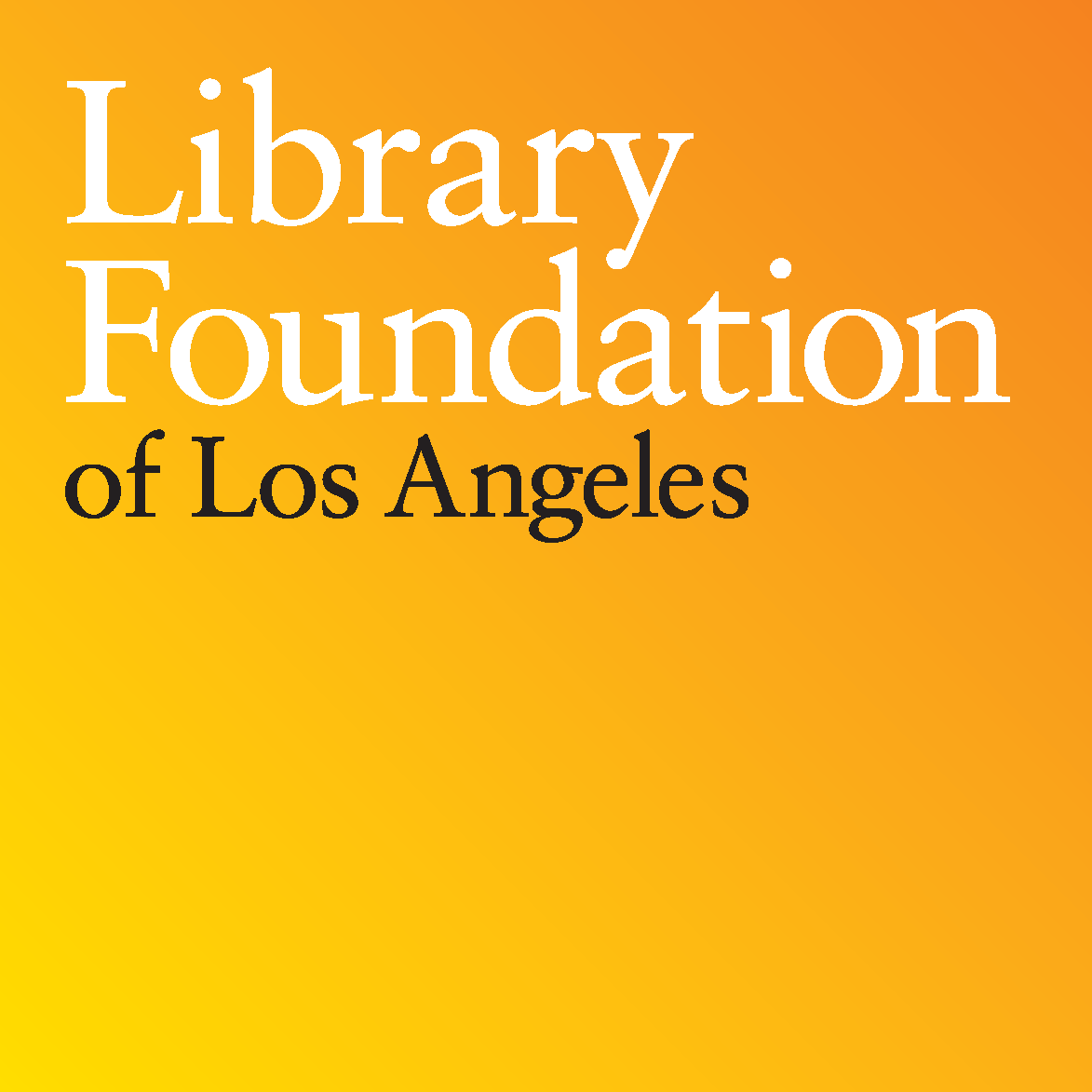Throughout the Pulitzer Prize-winning poet’s new memoir, Ordinary Light, radiant flashes of poetry permeate Tracy K. Smith’s narrative. With great empathy and attention to beauty, Smith recalls her childhood growing up in a sheltered Northern California town, and explores belief, loss, history, and what it means to be black in America. Set against the backdrop of her mother’s illness and death, Smith struggles to understand her mother’s faith until she finds peace and a prayer-like solace through poetry. Before she takes the ALOUD stage on Thursday, May 28 to discuss her moving account of a daughter’s journey, we caught up with Smith about the power of communing with language.

Both poetry and memoir are deeply personal types of writing. What sparked the need to write a memoir that poetry could not fulfill?
Smith: I wanted to get out of familiar territory with this story. I wanted to let go of the tools with which I as a poet was most familiar in order to truly explore and interrogate this material. I’d been writing about my mother in poems for a long time, but prose required me to ask different questions, go after different kinds of insights, say things more directly and interrogate the thought process on the page before the reader’s eyes.
How did your daily writing practice change when you transitioned from poetry to prose?
Smith: Well, I’d just become a mother when I started this book, so my writing practice had already undergone a major change. I had far less time to write, yet suddenly I had incentive to be far more productive, more efficient. It was great, because I had to push past any hesitation or fear rather quickly so that my writing windows wouldn’t be squandered. I also got over some of the fetishism I’d had the luxury of indulging: needing to be alone in order to write; needing to be in my comfortable, familiar writing space; needing a certain ritual in order to get started.
My revision process also changed radically when I switched to prose. I’ve always been one to revise poems, but working with an editor really taught me how prose is built one layer at a time. At least that’s how it happened for me. I’d write a chapter, and then go back and add another layer of concern, allowing the text to begin to converse with other chapters elsewhere in the book. And then I’d add another layer that allowed my adult self to interrogate the material a little bit, and another layer that did something else, and so on. It fostered a different degree of patience and a different, slower kind of dramatic arc.
Your memoir centers around the loss of your mother. What were the challenges and/or rewards of grappling with such a difficult subject?
Smith: It was thrilling to recreate the feeling of being in my mother’s presence. It was a gift to go back and allow these very specific memories to emerge. And yes, it was difficult to confront and acknowledge some of the unresolved conflicts that also characterized our relationship. But thinking things through in language was powerful, as was working with a memory until an insight that was previously unrealized began to announce itself. That kind of retrospection helped me to discover for the first time some of the constant themes running through my own life. Writing helped me, quite literally, make sense of the major experiences I had lived.
What were some of the other stories from your past that echoed in your memory and you wanted to explore on the page?
Smith: I wanted to talk about race. I wanted to record and examine what it felt like growing up black in California in the 1970s and 80s. I wanted to talk through some of my own religious preoccupations and clarify for myself what God has meant in my life.
In regards to exploring faith, you describe how the writing of poetry is a type of prayer. Many writers feel the opposite of being at peace while writing. How did poetry come to offer you a kind of inward serenity?
Smith: I’m not saying that writing is easy, or that it’s an instant route to inner peace. But being able to reflect upon and to listen to experience in a way that is markedly quieter and more complex than what happens in real-time, during the hectic, noisy, distracting day-to-day, does to me feel purposeful and centering. I think that prayer might be, for many people, a manner of reaching out to something larger and more meaningful than oneself; I feel the same way about poetry, even if what I am seeking to listen to or commune with is simply another region of my own mind. My shorthand for what I’m after when I’m writing is access to the unconscious. But I also hope it might even be possible to draw from sources of meaning that sit beyond the self.
ALOUD takes place at the Los Angeles Public Library; we’re curious if you have any connections to public libraries?
Smith: Oh of course! I spent afternoons after school all through my childhood wandering the aisles in the public library. And even as an adult, the Brooklyn and New York Public Libraries have brought me right back to that feeling of being a single small person in the presence of innumerable vast worlds, all lined up on the shelves and within reach.
Click here to make your free reservation to the program!
Thursday, May 28, 7:15 PM
Ordinary Light: A Memoir
Tracy K. Smith
In conversation with Lynell George
